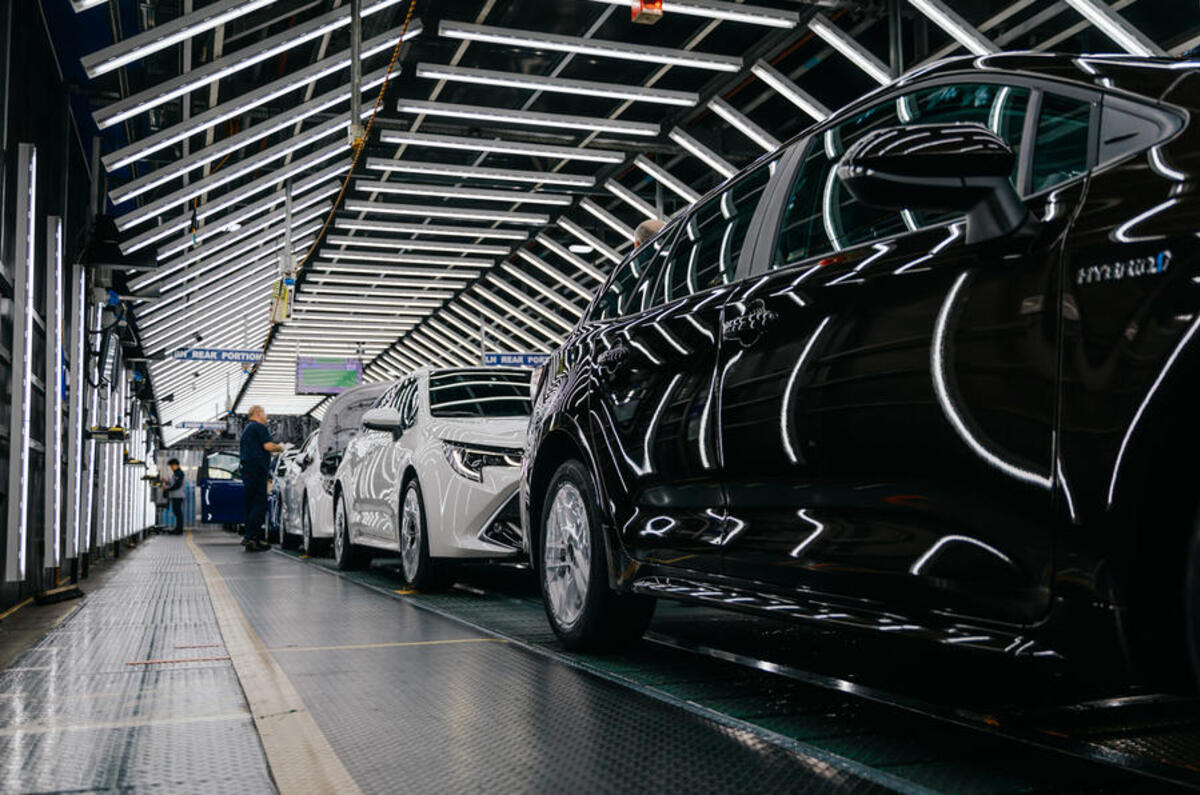The barrage of bad news for the British automotive industry has been almost overwhelming during the past few weeks, leading many to question just what kind of future awaits as we negotiate the shift to electrification seemingly with all the grace and skill of a dancing giraffe.
To recap, local battery hope Britishvolt veered dangerously close to bankruptcy after its much vaunted scheme to build cells in north-east England ran out of cash.




Add your comment